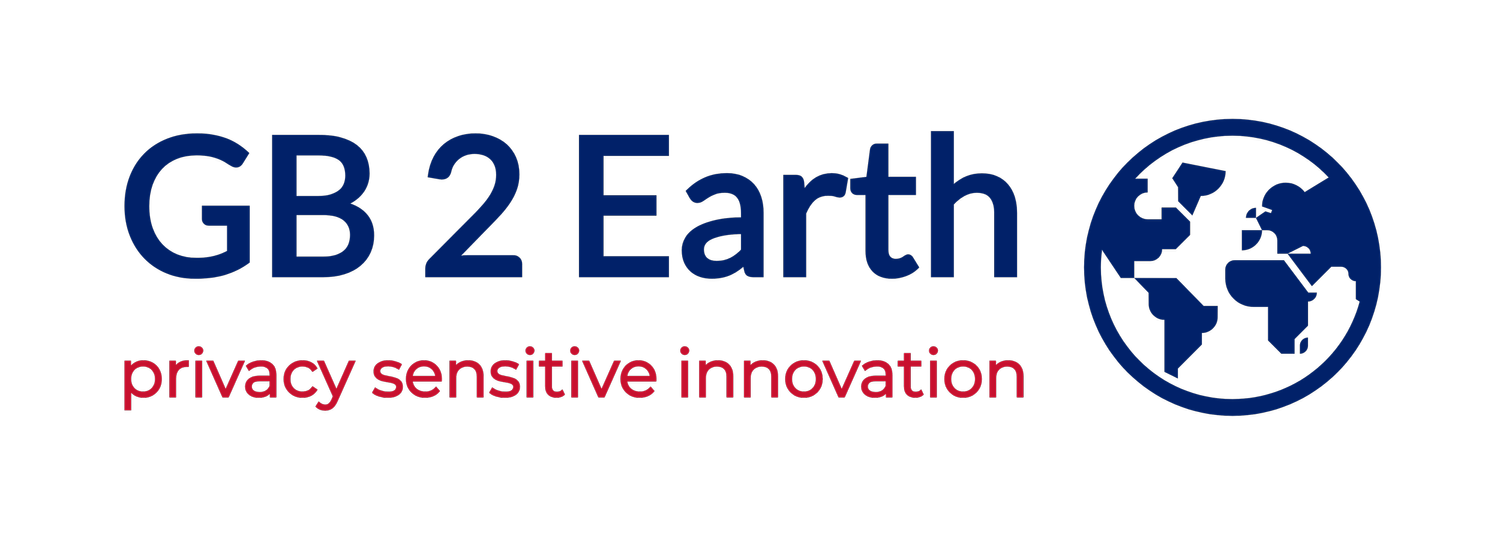How can you stop loopholes?
Tech, digital, machines, and AI boxes all have their part to play, of course, in combating loopholes.
But the crimes committed don’t just involve tech, used criminally. The human brain behind the digital acts in question is just as important.
Understanding the enemy’s culture and mindset, even more so.
If you neither know your enemy nor yourself, you will succumb in every battle.
If you know yourself but not the enemy, for every victory you will also suffer a defeat.
And if you know yourself and your enemy, you need not fear the result of a hundred battles.
The Art of War by Sun Tzu
Learning about the enemy is paramount. But knowing ourselves better can add value we simply never suspected existed.
As law-enforcement and security professionals and stakeholders, we don’t have to be the weakest link.
Using Crime Hunch philosophies and platforms, we can become an essential example of the strongest link.
Crime Hunch, loopholes, and “legal crime”
It is our understanding that the deliberate use of legal loopholes can take place in one of two ways.
These two ways involve the criminals either taking advantage of situations that already exist fortuitously for them or, alternatively, via their shaping the legal landscape in order to benefit their own criminal interests.
Without prior art, a criminal may learn from others or detect for themselves ways of escaping punishment by committing what we might term legal crimes – nominally legitimate activities which cause vast societal impact and harm. However, even when law enforcement and national security may become aware of these practices, nothing can be done: they are not, strictly speaking, illegal.
In other cases, prior art exists: for example, a well-funded and premeditated lobbying over periods of years ensures laws are not passed globally, especially when profitable activities that harm society are the focus of what we could term powerful borderline criminals.
It is therefore our desire that Western democratic society may begin to employ Crime Hunch’s intuition validation tools to not only close loopholes as they stand, but anticipate and prevent – years into the future – the longitudinal processes around what we might choose to term the deliberate and covert unmaking of otherwise due legal process.


